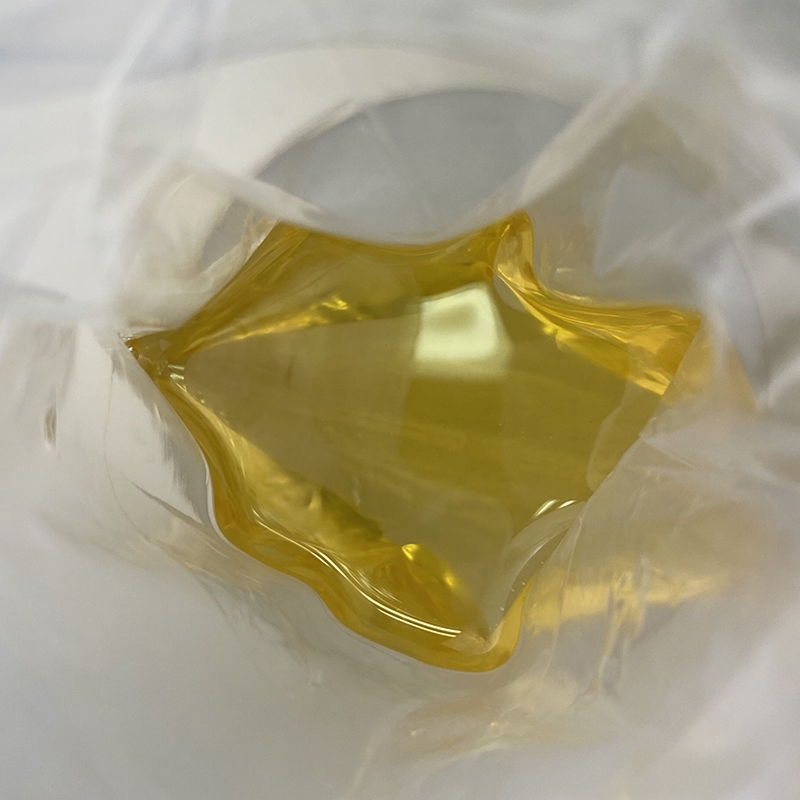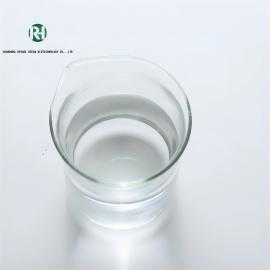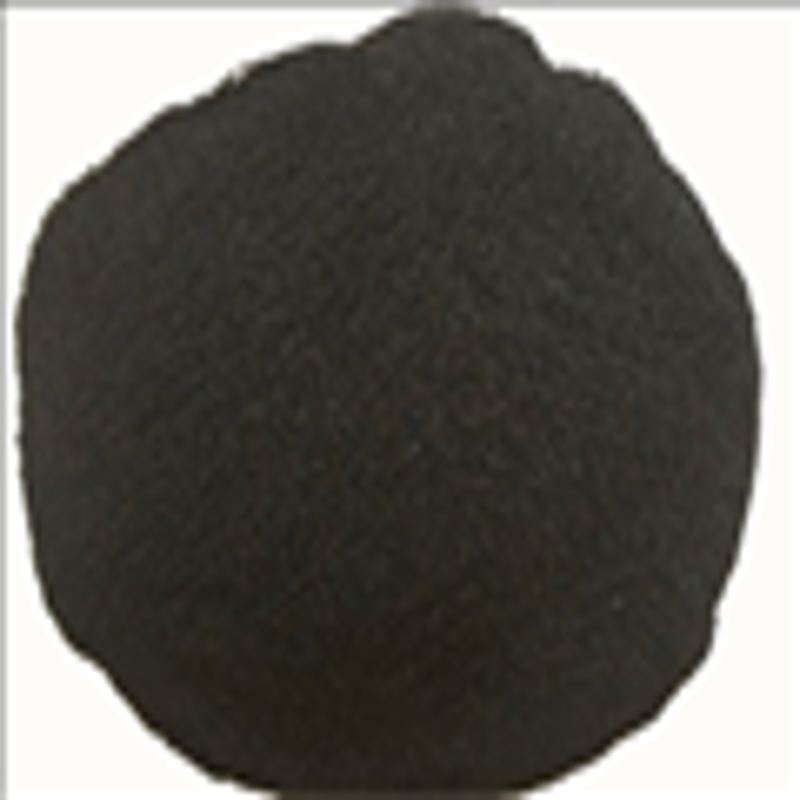-
Categories
-
Pharmaceutical Intermediates
-
Active Pharmaceutical Ingredients
-
Food Additives
- Industrial Coatings
- Agrochemicals
- Dyes and Pigments
- Surfactant
- Flavors and Fragrances
- Chemical Reagents
- Catalyst and Auxiliary
- Natural Products
- Inorganic Chemistry
-
Organic Chemistry
-
Biochemical Engineering
- Analytical Chemistry
- Cosmetic Ingredient
-
Pharmaceutical Intermediates
Promotion
ECHEMI Mall
Wholesale
Weekly Price
Exhibition
News
-
Trade Service
In China, more than 65% of people eat rice as their staple food.
Rice has an overwhelming position on the Chinese table.
We will never miss a bowl of fragrant white rice on our table
.
In October 2019, the "Food Security in China" white paper issued by the Information Office of the State Council showed that by 2017, China's rice yield per hectare reached 6916.
9 kg, an increase of 11.
However, after we all started to eat, rice and rice began to fall into a whirlpool
.
Rice has no nutrition and is the king of junk food?
A few years ago, an article on the Internet entitled "The King of White Rice Junk Food" actually disparaged white rice, claiming that rice contains almost no protein, fat, vitamins, minerals, only starch and sugar, which is typically high.
Sugar, high-calorie, low-protein junk food
.
This statement has no scientific basis and is totally unwarranted
.
First of all, the argument for junk food is completely unscientific
.
The so-called "World Health Organization (WHO) announced the world's top ten junk food list" circulating on the Internet is not true.
The World Health Organization itself has refuted the rumors and has never published the worst food or junk food list
.
From the perspective of nutrition, there is no distinction between "junk" and "healthy" food itself.
There is no junk food, only the combination of junk
Secondly, from a nutritional point of view, white rice is already a good staple food
.
Rice can not only provide us with rich carbohydrates, but also give us energy to do all kinds of things we like
.
At the same time, it also has a lot of protein.
It contains 6%-7% protein.
Moreover, among grains, the quality of rice protein is relatively good.
The amino acid balance is better than that of millet, corn, sorghum or even wheat, and the content is higher than that of sweet potatoes (when compared by dry weight)
.
In addition, rice is still present in the healthy diet pagodas or pyramids of all countries in the world
.
If rice is really so "junk", why recommend it? Therefore, rice is considered a better staple food choice
.
To say that there are more doubts, the current rice is mostly refined rice, and the loss of dietary fiber, minerals and other nutrients is relatively high
.
However, this can actually be improved by the overall diet, such as eat more vegetables, legumes, nuts and so on
.
Will you gain weight by eating rice?
Many people say that rice is high in energy, and rice will gain weight
.
This statement is actually an act of dumping the pot
.
Therefore, whether we will gain weight has little to do with what we eat.
The key is how much we eat
.
Whether it’s rice, steamed buns or noodles, even apples, oranges, beef, whichever eats too much, you may get fat
.
Will you get diabetes if you eat rice?
This is a very popular statement in recent years.
Even Harvard University and many other studies have found that eating rice will increase the risk of diabetes
.
Many people don't even dare to eat rice anymore
.
In fact, this statement completely ignores the main contradiction-not eating the right rice
.
The reason why so many studies have found that eating rice will increase the risk of diabetes is that the main problem is that we eat refined white rice
.
White rice is refined and processed.
In the process of refined processing, in addition to removing the inedible chaff, in order to pursue a delicate taste, the husk will be further crushed, and the germ will be peeled off, leaving almost only the endosperm.
"Refined" white rice will lose a lot of minerals and dietary fiber
.
Therefore, it is not because rice can cause diabetes, but because too much refined white rice is eaten
.
As long as you eat the right rice, such as eating more whole grains such as brown rice, you don’t have to worry about diabetes
.
The first article of the "Dietary Guidelines for Chinese Residents (2016)" recommends "Diverse food, mainly cereals", and clearly recommends that the number of food varieties of cereals, potatoes, and miscellaneous beans is more than three per day on average, and more than five varieties per week.
Approximately 50-150 grams of whole grains should be consumed daily
.
Have you eaten enough?
How to eat rice healthy?
Hybrid rice allows us to eat enough rice every day, eat enough, and no longer have to worry about being hungry
.
But don't worry about it when you are full, or even forget the time when food was scarce
.
Of course, the current rice also has its problems-it is highly refined, loses a lot of minerals and dietary fiber, and almost only provides energy
.
From this perspective, we can actually make some improvements to make the rice we eat healthier:
1.
Eat less white rice, cook rice for brown rice, add coarse grains and miscellaneous beans
Rice, especially the current refined white rice, is very unfavorable for blood sugar control due to its good digestion and quick blood sugar response after meals
.
Black rice, purple rice, brown rice, which are rich in dietary fiber, are all good choices for delaying digestion
.
Therefore, if there is a need to control blood sugar, don't always use white rice for cooking.
You may wish to change to brown rice, coarse grains and miscellaneous beans
.
It really doesn't work.
When cooking white rice, you can add some coarse grains and miscellaneous beans.
For example, adding green beans, red beans, peas and lotus seeds to the white rice can significantly increase the satiety of the rice and rice porridge and slow down the digestion speed
.
2.
Don't cook the rice too badly or too softly
Many people like to make rice soft
.
Soak the rice for a few hours before steaming the rice, then simmer it on a low heat or steam it in a pressure cooker to make the rice softer and more rotten
.
This taste is much better, but the digestion speed of this kind of rice and the blood sugar response after a meal will also increase significantly
.
3.
Eat less rice with oil and salt
Cooking rice with oil will not only increase the energy in the rice, but also reduce the feeling of fullness, making it easier to eat more, which is very unfavorable for weight control
.
The addition of salt will increase the content of fast-digestible starch in the rice and speed up the digestion
.
Studies have also found that eating foods containing sodium salt will increase the body’s postprandial blood sugar response, possibly because sodium salt enhances the activity of digestive enzymes
.
Therefore, it is best to cook rice with little or no salt, and to cook less rice that requires oil and salt.
For example, various fried rice, especially those with diabetes, should eat less rice prepared by this method
.
When eating out, if the rice is salty (such as fried rice or bibimbap, etc.
), you should eat less
.
4.
The rice is best eaten on the same day to reduce repeated heating
Usually, don’t cook too much at one time, because the rice tends to become rotten, softer and easier to digest after being heated many times, and the blood sugar response after a meal is also higher
.
If conditions permit, it is best to finish the meal that was made that day; if there is leftovers, it is best to finish it as soon as possible
.
Text/Ruan Guangfeng Director of Science and Technology Department of Food and Nutrition Information Exchange Center







